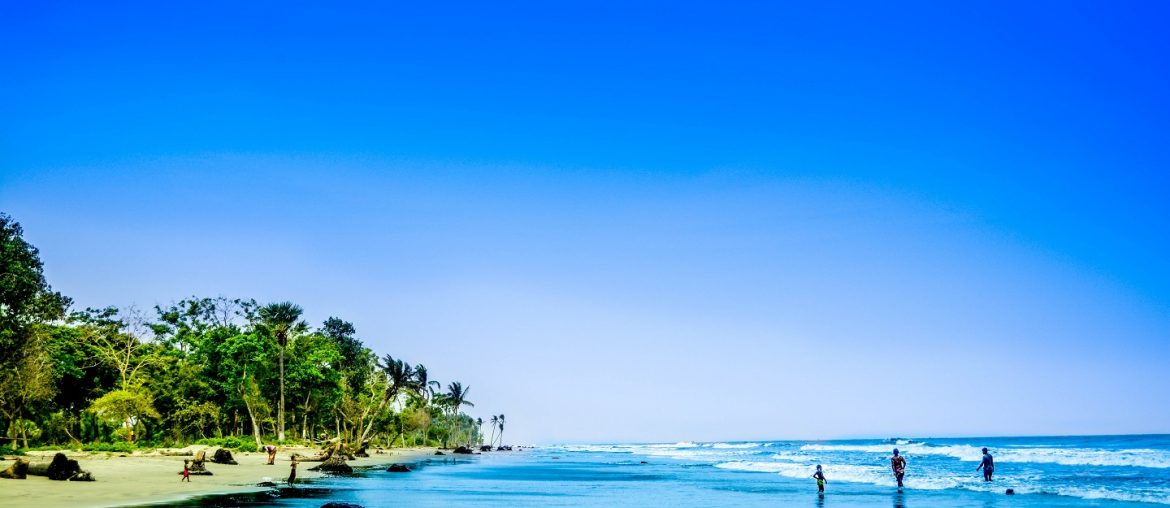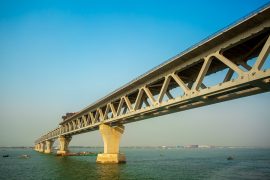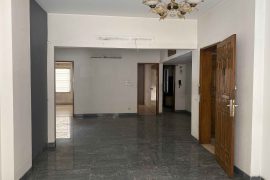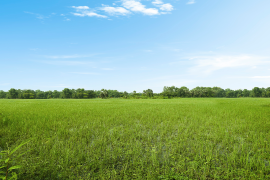A Special Economic Zone (SEZ) is a specific area within the country’s national border where there is a variation of trade and business laws from the country’s legislation. These areas are marked to capture and capitalize on foreign investments. This leads to the acceleration of job creation, an increase of trade balance, the rise of new employment opportunities as well as effective administration. According to the data provided by the Bangladesh Economic Zones Authority (BEZA), there are 59 government-owned and 29 private-owned economic zones in Bangladesh, a total of 88 across the country. These zones are again subdivided into Government-to-Government (G2G) economic zones, Public-Private Partnership (PPP) economic zones, Science and Technology-based economic zones and Tourism-based economic zones. And all of the special economic zones in Bangladesh have an impact on the country’s real estate sector.
Types of Investments in SEZ
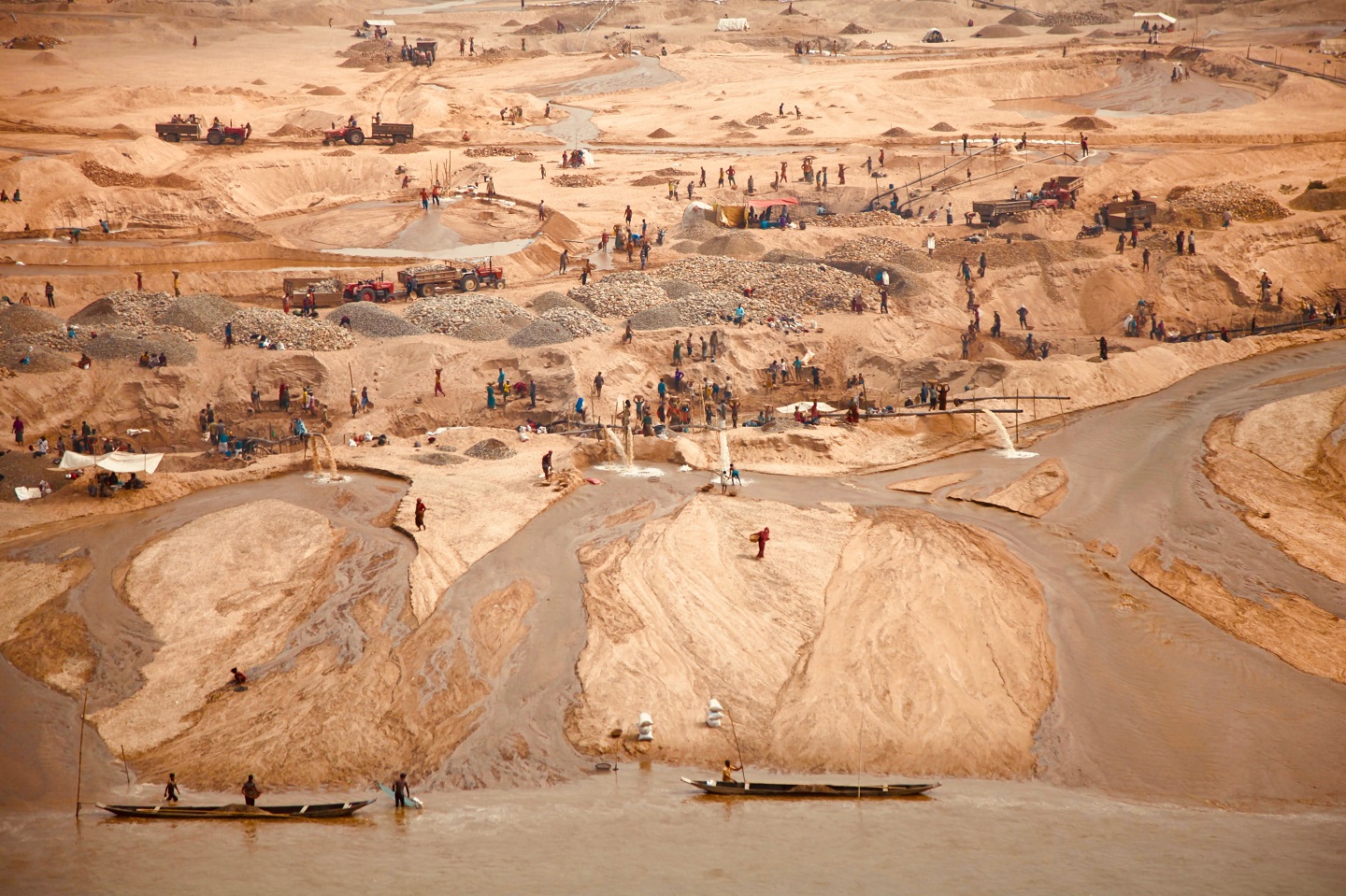
Every economic zone has its uniquely significant set of laws and characteristics. However, all these areas are very much real estate friendly. Foreign Direct Investments (FDIs) is one of the primary objectives of these special economic zones in Bangladesh. A majority of these FDIs are real-estate projects, and hence SEZ can be a real-estate investment playground in Bangladesh. Notwithstanding, different significant local investments are also made in the real estate development of these areas.
Why are real-estate investments safe and attractive to investors in Bangladeshi SEZs?
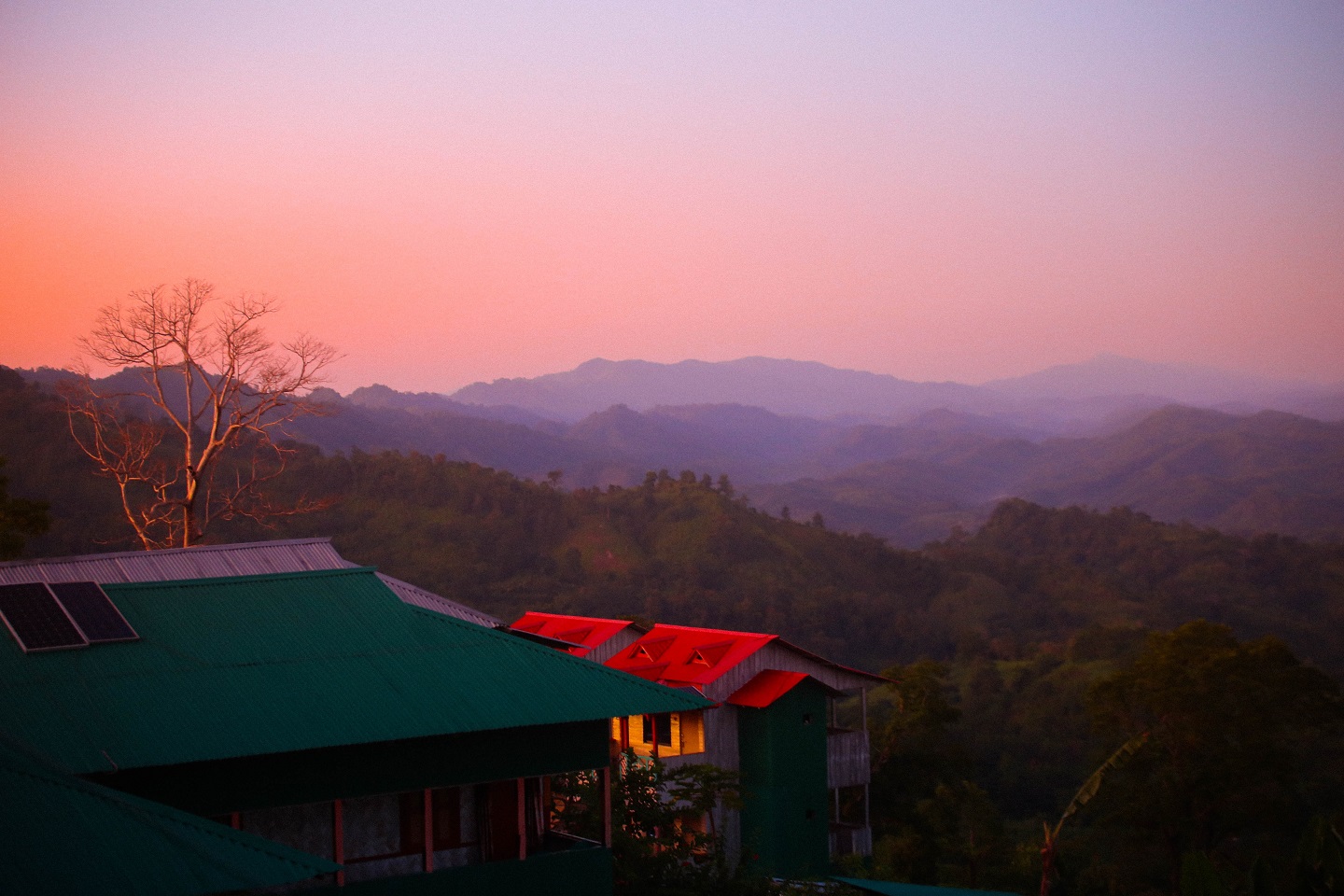
The Government encourages multiple FDIs and local investments in these SEZs by giving them much and unbounded rigid rules and regulations. Here are some of the key points to why real-estate investments are safe and sound in SEZs:
- SEZs provide secure entitlement and development rights through an assembly of land parcels by the government for giving leases to the development groups of the private zones. This ensures that real estate investments have secured investment opportunities.
- SEZs have on-site zone infrastructure and facilities as well as B-O-T (Build, Operate and Transfer) facilities with financial support and government guarantees; a significant advantage for the real estate investors.
- SEZs are established for accelerating trade. These zones are teeming with foreign investment. As a result, there will be more industries due to FDIs. As a result of foreign investments in these areas, housing facilities need to be developed. That is where real estate has a big part to play.
- Economic zones around Bangladesh will mobilize people and will create more opportunities for them. The job sector will be more dynamic and versatile. People will start living there, seeking housing opportunities. Real estate investments will be very crucial in these cases.
- The citizens living and working abroad can invest in the property market of Bangladesh established in SEZs through the remittance they send. These FDIs will be encouraged due to the nurtured policies, flexibilities and polished infrastructures of the SEZs. Henceforth, these have the highest potential to become lucrative real estate markets in the future.
- For accelerating internationally traded service operations, there are multi-year funding schemes for developing SEZ infrastructure. There are also such SEZ-related operator performance improvement initiatives that are critically regulated. These regulations are crucial for real-estate development and investment security.
Current status-quo of SEZ in Bangladesh
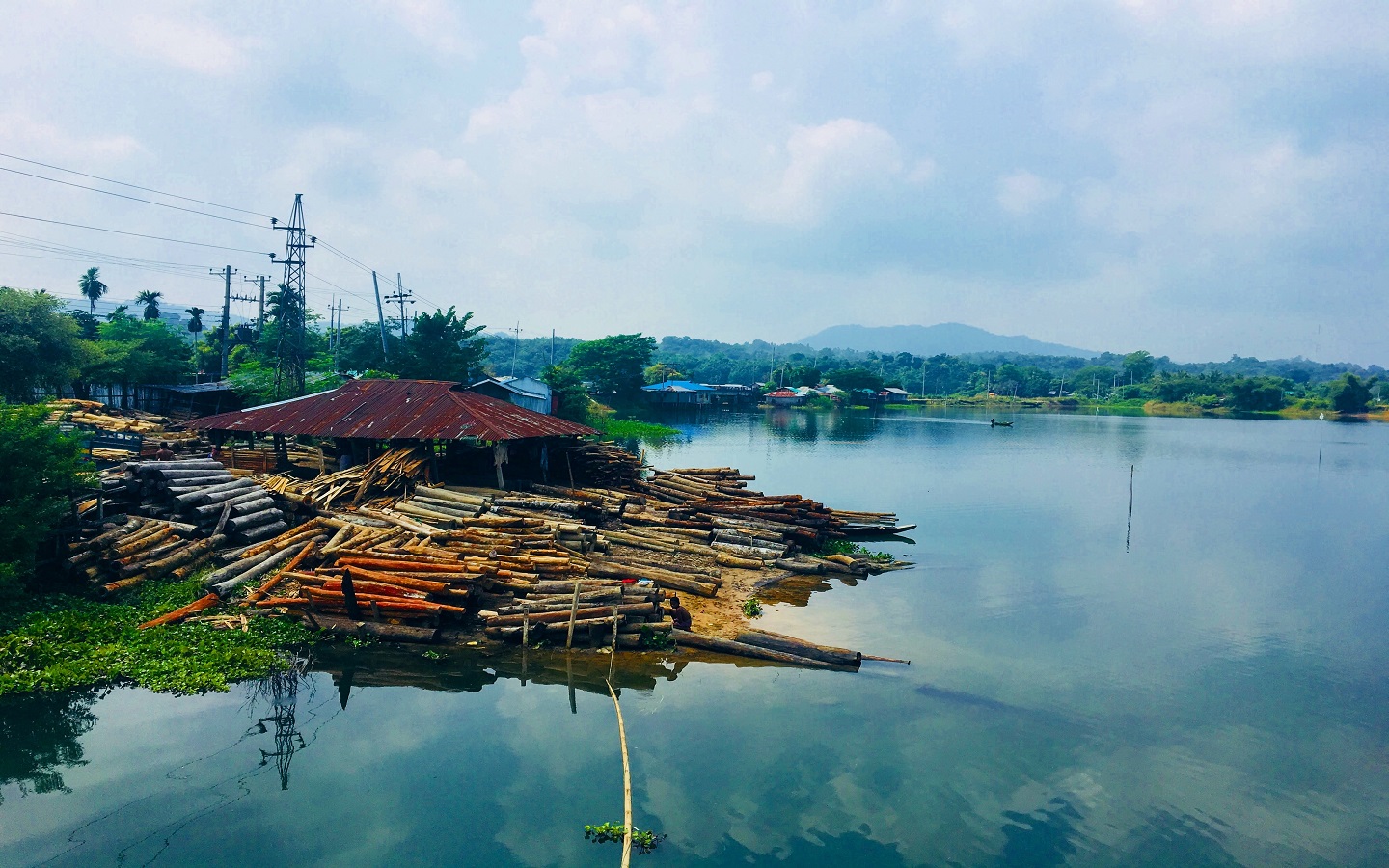
In regards to the special economic zones in Bangladesh, the foreign investors will have a 70% equitable share, and the Bangladeshi government will control the remaining 30%. BEZA has already allotted a substantial amount of land under a G2G (government-to-government) arrangement. The establishment has already leased a total of 76 land units of economic zones out of 100 and has plans for an extension over the next 14 years. Reports suggest that foreign investors’ interests have been on the rise, which indicates the emerging importance of Bangladesh’s strategic geographical location. Therefore, it is high time for investors to start investing in real estate.
What are your thoughts on investing in the real estate market of special economic zones in Bangladesh? What are the pros and cons according to you? Do leave your thoughts in the comments section below.

